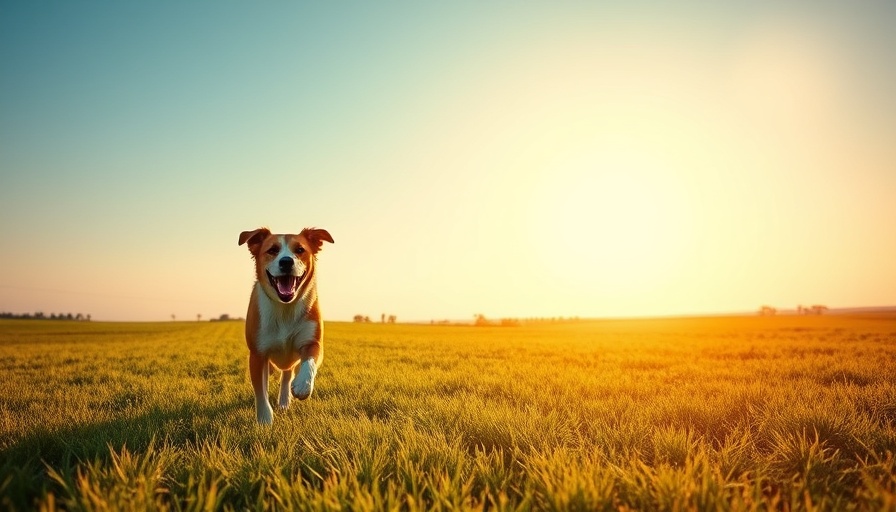
Understanding Plastic Pollution's Impact
The alarming rise of plastic pollution is reaching beyond ocean life, affecting various species across the globe. Amidst this unsettling scenario, a new research study aims to highlight the effects of plastic on an unexpected participant: donkeys. As sturdy animals often relied upon in agricultural settings, donkeys are particularly vulnerable to the impacts of environmental degradation caused by plastic waste.
Why Study Donkeys?
Donkeys are not just pack animals; they play an essential role in many local economies and communities, especially in Northwestern Indiana where pet owners appreciate the close-knit bond between humans and animals. Understanding the health impacts of plastic pollution on them can offer valuable insight into broader ecological issues as well. This research can reveal how changes in the natural environment are affecting our beloved pets and companions.
Raising Awareness Among Pet Owners
For pet owners, this study embodies the heart of pet and family life. As caring custodians of animals, many families in the region cherish their connections with pets, ensuring they are safe from harm. The findings of the initiative could prompt local pet owners to advocate for cleaner environments and support regulations to reduce plastic waste. It's another step in protecting not just donkeys but all types of pets from the repercussions of plastic pollution.
Taking Action Together
As pet owners in Northwestern Indiana, recognizing the implications of plastic pollution fosters a collective responsibility. Making an effort to reduce plastic use, participating in community clean-up events, and spreading awareness about sustainable practices can collectively create a positive impact on our local environment. Being informed and proactive can safeguard the future for not just donkeys but all animals that share our homes and lives.
 Add Row
Add Row  Add
Add 




Write A Comment